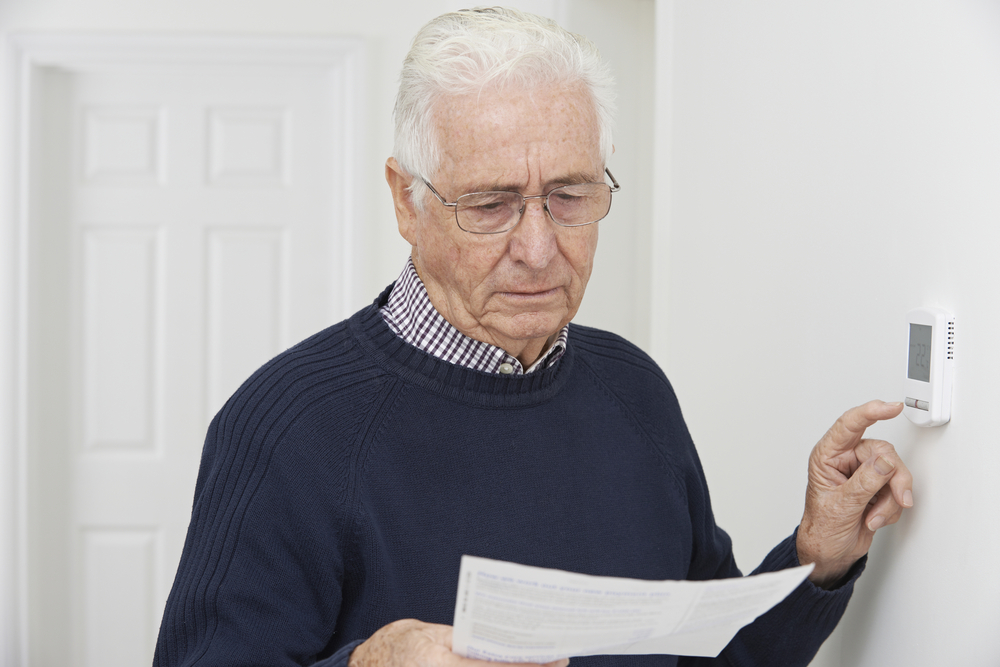Household Bills
Money Mailbag: Why is my energy ‘fix’ not a fix?

‘I switched energy firms in winter last year and my direct debit was set at £60 a month which I was very happy with. But my provider’s now told me it’s going to up this amount to £220. Why is this when I signed up for a one year fixed deal?’ David, Brighton.
Peter Earl, head of energy, comparethemarket.com, replies…
Even on a fixed tariff, the actual cost paid by energy customers can vary greatly due to usage.
In essence, a fix is a fix on the unit price of energy, rather than a price or bill fix.
It is possible that a rise in a direct debit amount is linked to a customer inadvertently furnishing their new provider an incorrect, lower usage figure during the application process.
But we also experienced warmer-than-usual weather during November and December 2015 so that could also be a factor as you switched in winter last year.
This means that your usage could have been below the normal level for that time of year and then it could have risen fairly dramatically as the weather cooled in early 2016, ultimately leading to a rise in your bill.
The energy company may now be trying to recover the higher usage by raising the direct debit in order for the balance to stand at zero on or near the anniversary it started supplying you.
It’s essential that people regularly check their meter readings and ensure they send these figures to their provider.
A fixed tariff only limits the cost of energy per unit – the bills themselves will always fluctuate depending on usage.
As a result, sending regular meter readings to your supplier is an important way to help avoid a price shock.
Your rights when it comes to direct debit hikes
A number of the major energy providers have signed up to a ‘code of practice for accurate bills’ which sets out the minimum standards they must follow, as well as the responsibilities they and customers must adhere to.
One of these is on energy bills and statements, and payments. The code states the firms must take all reasonable steps to make sure monthly direct debit payments are set at the right level and review accounts proactively to make sure payments cover total energy use, as well as offer a range of payment plans to assist with the payment of an outstanding bill.
Guidance from Ofgem, the energy regulator, states that if your payments need to change, your supplier must explain why. If it needs to be increased, you will also be notified at least 10 days in advance as part of the direct debit guarantee.
However, if you don’t understand why your payments are increasing don’t be afraid to contact your supplier to ask for an explanation and challenge it if you disagree with the amount set. If you’re still not happy, take your complaint to the firm first before taking it to the Energy Ombudsman.